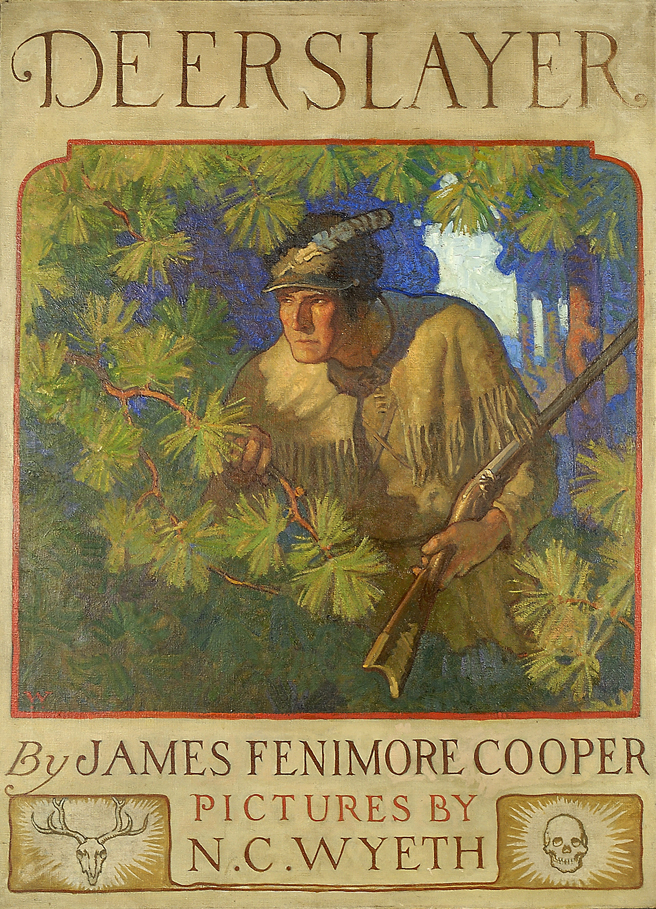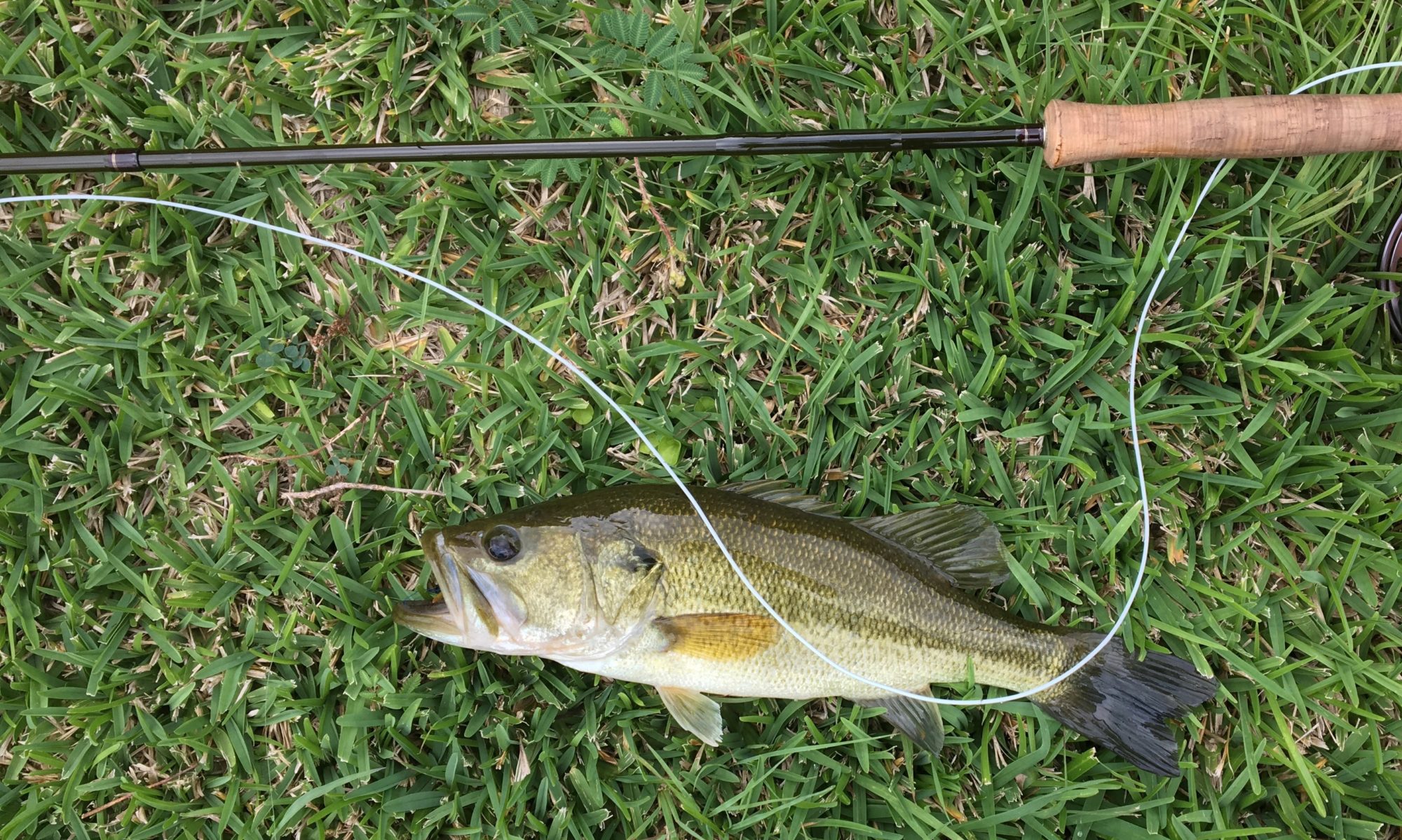Range Rovers
I’ve been looking at new cars. Mine is starting to cost real money to hold together, and its reliability worries me. If price and global warming weren’t a problem, I’d go buy a Land Cruiser and be done. I want a Land Cruiser, but the current model is 10 years old, gets a combined mileage of 15 mpg, and costs north of $80,000. Eighty thousand dollars would pay for a lot of fishing. Plus the Land Cruiser is just too big. The 4Runner is cheaper and smaller but just as old and nearly as guzzly, and their sister cars, the Lexus GX and LX, are old and guzzly and expensive and worse, they’re ugly. The best thing about driving a Lexus SUV is that you don’t have to look at that horrific grill. Is there an uglier grill on the road than a Lexus SUV?

I’ve driven a mid-sized Mercedes SUV since 1998, two of them anyway, but the new GLE has four different interfaces to communicate with your car’s electronic brain: voice, touch screen, a rotary controller, and not one but two steering wheel touch-pads. That gives you just all kinds of useless ways to turn on the radio. Meantime newer electronic safety features and adaptive cruise control are all extra added costs, and the dealer tells me hybrids are only available in California. Apparently Texans don’t care about global warming.
I want a car that will tow the skiff, has some off-road capability, has at least AWD for boat ramps. and has a reasonable array of cutting-edge safety stuff. I think I want a hybrid, and I know I want a car that I can drive home when there’s a foot of water on University Boulevard. This is, after all, Houston, and the streets in our neighborhood flood on a whim.

Which is a long way around to the half-day we didn’t fish in Vermont, when we spent a morning driving the Range Rover Sport on an off road course at the Equinox. The Land Rover Off-Road Driving Experience! I am experienced!
Driving around the course I got to tip the Sport down radical inclines and through mud and over humps and through gullies and whatnot, and I got to drive a car that I’d been thinking about test driving, though we were admonished that Land Rover did not consider the Experience! a test drive. Range Rover Sports are expensive, and I worry that they wouldn’t be easily repaired on the Alaska Highway or in the far-off wilds of Nebraska, but the gas mileage is reasonable, and this fall’s new plug-in hybrids would be great for my daily commutes. Plus how the car managed itself safely down a 12-foot bluff was great fun.
And Range Rovers always look good, and they balance really well on three legs.
Leaves
My experience of fall color is pretty limited. Coming down the Connecticut River, Chuck said more than once that we should see this when the leaves change. I wish we had.
Knots
I have tied my own leaders for a long time, especially for salt water. I’m really good at blood knots, which may be one of the strangest accomplishments anyone can lay claim to. “I,” I say with a swagger, “am a master at blood knottery!”

For some reason I had it in my head that a blood knot was the very thing for attaching two dissimilar pieces of leader material, like flouro to nylon, or if you wanted to make a big jump in tippet diameter. After the Joan Wulff school I now understand that I was wrong, which I rarely am and in any case I never like hearing. I guess what I originally heard was that blood knots were better than surgeon’s knots for attaching larger diameter bits of leader, and I translated that into something different. Now I have to learn a new knot, or at least re-learn how to tie surgeons knots. I hate tying them, and I hate how they put a bit of a bend in a leader. I’m sure that fish hate them too.
Books
I skimmed a history of New Hampshire, Morison and Morison’s New Hampshire: A Bicentennial History. New Hampshire’s first commerce was providing 100-foot mast timbers for the British navy. Harvesting and transporting 100-foot timbers was brutal business, but neither Horatio Hornblower nor Jack Aubrey could have captained British warships without New Hampshire.
I listened to Scott Conroy’s Vote First or Die: The New Hampshire Primary: America’s Discerning, Magnificent, and Absurd Road to the White House. I’m a sucker for a good political story, and this is one. I actually ended up oddly happy that the first presidential primary is in New Hampshire. I also started The Hotel New Hampshire but never finished it. I ran out of time. I’ll finish it up next time.
I listened to a bunch of Archer Mayor’s Joe Gunther mystery novels, maybe a half-dozen, enough that I ended up feeling guilty: these are perfectly good entertainment but not the sort of thing one reads for self-improvement. The first novels are set in Battleboro, Vermont, but then they range further afield to greater Vermont. I liked listening to them on my morning runs and commutes. I also read some Robert Frost poems and some Hart Crane poems. I could never decide where exactly Frost was from, but New England I reckon. I failed to re-read Walt Whitman, and I’m sorry for that.

Driving we tried to listen to The Deerslayer, which is set in the area that would be Cooperstown. I’ve always had a bit of a soft spot for Last of the Mohicans, since a high school English teacher pointed out to us that in both Cooper’s Last of the Mohicans and Scott’s Ivanhoe the dark-haired girl had to die for her ethnic transgressions, while in each case the blonde girl lives. I think the teacher was pointing out something about the 19th century, and letting us know that part of the authors’ message was that we could empathize with those dark-haired heroines and certainly with Chingachgook, but growing up in the South one never knows. Maybe she was warning us about the inevitable outcome of ethnic transgressions. We never made it all the way through Deerslayer, and I suspect Mark Twain was right. I got mighty weary of Natty Bumppo’s virtues during the long wind ups to some bit of actual business.
I read and listened to Burrows and Wallace’s Gotham: A History of New York City to 1898, which is magnificent, both as to size, over 1400 pages, and content. Economics, social mores, riots, battles, politics, sanitation, wampum, slavery, disease, immigration; through the 19th century the book covers New York City history with granular particularity, but even when it overwhelmed me it never bored me. The book weaves New York through the national story and then tells the story of both the city and the nation. It’s a fine history.

Playlist
New York
There’s too much music on my New York playlist. I don’t think I ever got through it all, and I’m still listening to it. Big Picture? There’s New Wave and Punk, Brill Building, Gershwin and Bernstein and Copland. There’s Be-Bop. There’s Tin-Pan Alley. There’s 60s folk music and all those interchangeable current bands that could come from no place but Brooklyn. There’s Bennie Goodman and Duke Ellington and Lena Horne. Was there ever a musician tied more closely to a city than Paul Simon? Ok, maybe Leonard Bernstein? Ok, maybe Duke Ellington?
I carried the small travel guitar and played Gershwin transcriptions. When I got back to Houston, a friend pointed out that Gershwin died when he was only 38. I’m still working on the transcriptions, and wishing there were more, at least 40 years more.

New Hampshire
Bill Morrisey, Mandy Moore, and Aerosmith. I liked Ray Montagne, who I’d never listened to before.
Vermont.
Vermont’s music comes off better than New Hampshire’s. If nothing else you can always cue up Moonlight in Vermont. l must have downloaded 27 versions, including Billie Holiday and Willie Nelson and Frank Sinatra and Stan Getz. Phish hasn’t recorded it, but I’d never listened to Phish, and I’m glad I did. Apparently jam bands are a thing in Vermont, and I’d take Phish any day over Aerosmith. I also came across a young woman named Caroline Rose on a list of ten Vermont bands I was supposed to listen to now, and decided in fact she was someone I needed to listen to now.
There was also a Bing Crosby/Peggy Lee version of Snow from White Christmas.




























